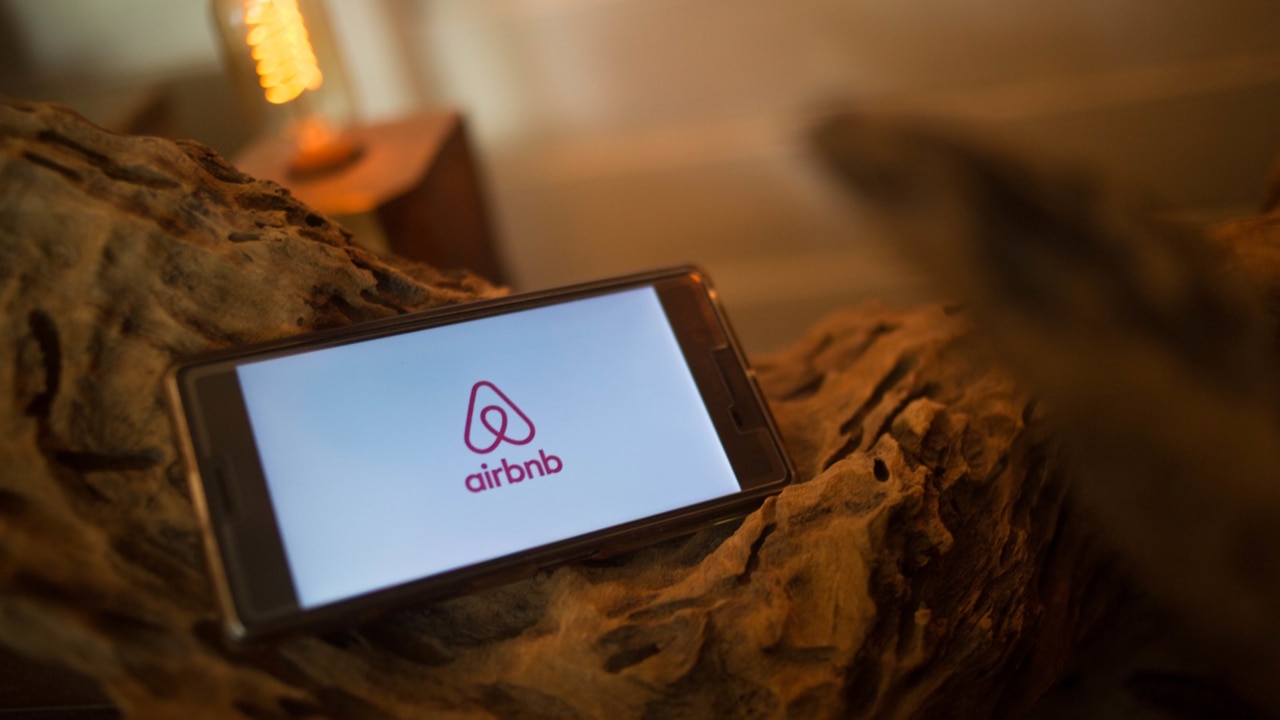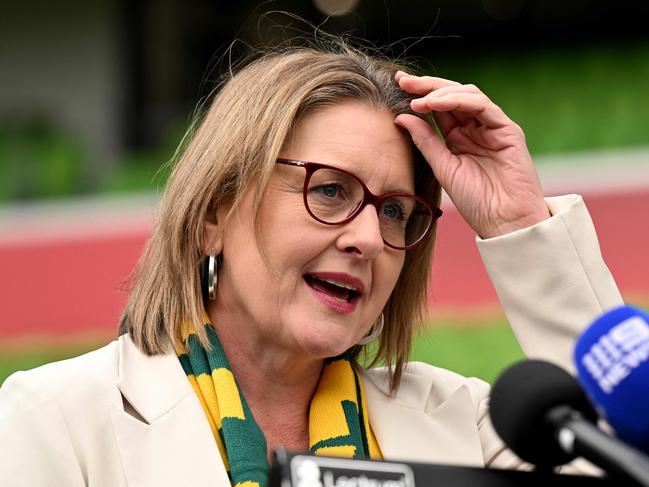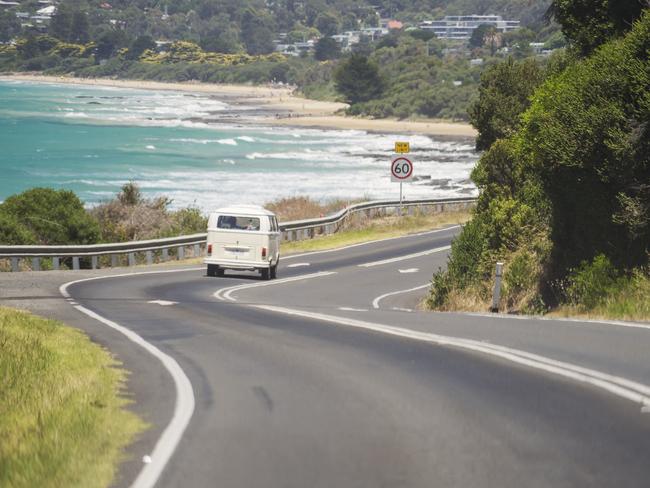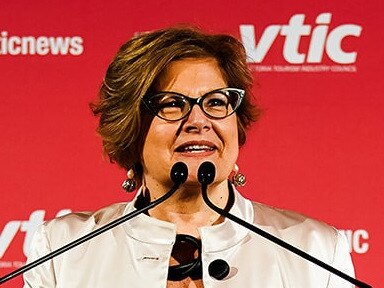Tourism operators warn new tax will push up the price of holidays in the midst of a cost of living crisis
Coastal and regional areas are set to be the hardest hit by the new levy as research shows the vast majority of Airbnb owners have no plans to let go of their investments and will instead pass the cost on to holiday-makers.

Victoria
Don't miss out on the headlines from Victoria. Followed categories will be added to My News.
The Allan government’s controversial new “Airbnb” tax has been labelled a dud with new data warning it will do almost nothing to address the state’s housing crisis.
Legislation to be debated in parliament this week would introduce a 7.5 per cent tax on short stay bookings the government hopes will entice investors to shift stock to the long-term rental market.
But a study of about 500 short stay property owners, by New Focus Research, has found that more than 90 per cent of owners had no plans to let go of their investments.
Tourism operators warn the new tax would instead be passed to holiday makers, pushing the price of holidays up in the midst of a cost of living crisis.

The research also found that 51 per cent of respondents said they would reduce how often they travelled, and 55 per cent would shorten the length of their stay.
Treasurer Tim Pallas said he would expect about 5000 new long-term rentals to be brought to the market, based on the data.
The government previously estimated that almost 50,000 of the state’s short stay rentals are entire homes.
“I see today that survey material talks about 90 per cent of property owners, that’s even before the taxes come into place,” Mr Pallas said.
“So, let’s do quick math on that, 90 per cent means 5000 properties coming off Airbnb into the rental market.
“So not a bad first result.”
Despite concerns from lawyers, Mr Pallas said he was confident that the short stay tax was constitutional and would not face the same roadblocks as the EV tax.
The Victorian government was forced to scrap its electric vehicle tax last year, and pay back millions of dollars to EV drivers.

Victorian Tourism Industry Council chief Felicia Mariani said coastal and regional areas would be most impacted.
She said this could have devastating impacts on regional Victoria’s visitor economy which employed more than 118,000 people and contributed $10.3bn to the state’s economy.
“Short-stay accommodation forms a critical component of the accommodation supply in Victoria, especially in our regional areas where the quantum of traditional accommodation options is not adequate to meet the demand of visitors,” she said.
“VTIC is supportive of some form of regulation of short stay accommodation to address the state’s housing crisis, but this research illustrates that the proposed levy is not the answer and will not achieve the objective of moving property owners from short-stay platforms to long-term rentals.
“This is a highly complex issue with no single silver bullet. We are calling on Government to engage with the various industry sectors that understand how this process works to create solutions that will achieve the ultimate objective to see more housing on the long-term rental market.”
Ms Mariani said the new tax would also disproportionately impact one in five travellers who relied on short-stay rentals for emergencies including fleeing domestic violence or being displaced during natural disasters.

Accessible Accommodation general manager, Ashlee Morton, said the tax would also impact travellers with disabilities.
“Accessible short-term rental properties are essential for ensuring that people with disabilities can travel comfortably and enjoy the same opportunities as others,” she said.
“Many of us rely on these specially adapted accommodations to ensure a safe and enjoyable stay when away from home and short-term rentals are much more suited to this type of traveller rather than hotels and motels.
“Few hotels cater to higher physical needs, and a short-stay property gives us flexibility to save money with self-contained cooking facilities.
“The new tax poses a serious threat to the availability and affordability of accessible accommodations.”
Despite concerns raised about the new charge, the government’s Short Stay Levy Bill 2024 is expected to sail through parliament with the support of the Greens.
It will come into affect on January 1, with the 7.5 per cent charge to be applied to all bookings made from that date.
High level legal advice circulating among tourism operators has flagged the new tax could be unconstitutional.
The advice argues that the government can’t impose such a tax because of an agreement to abolish state based accommodation taxes when GST was introduced in 2000.
Originally published as Tourism operators warn new tax will push up the price of holidays in the midst of a cost of living crisis



